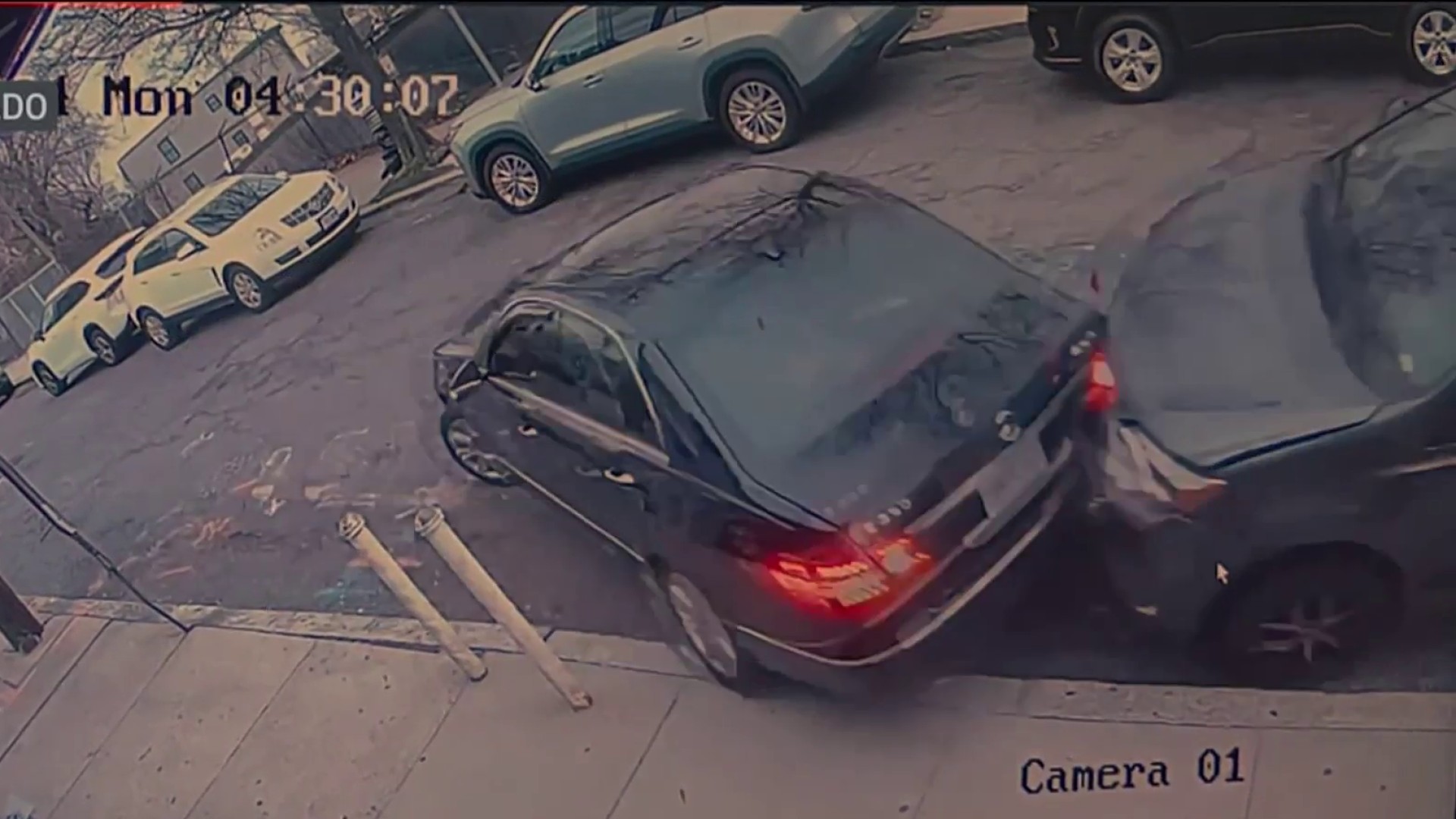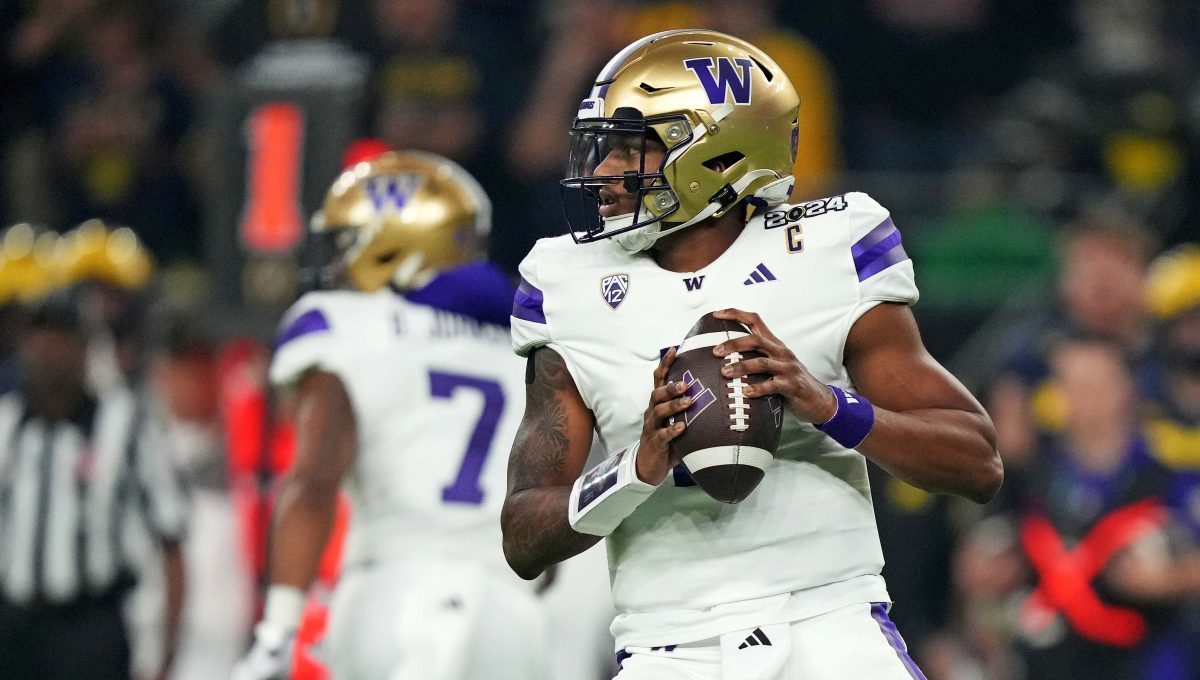(NECN: Latoyia Edwards) - First time face to face meetings are shocking for many of Skippy White's customers and long-time radio listeners. They don't expect this legendary black music historian to be white.
"A lot of people have asked 'Why did you - a white boy from the suburbs - come to a black neighborhood and open up a record store?' Well it's as simple as this. When I was in junior high, that's when I really discovered black music. Rhythm and blues. So all through junior high school, this was passion with me," Skippy said.
If you enjoy urban music on New England radio these days, you have Skippy White to thank. In 1961, no one was playing the music locally until Skippy got a meeting at Boston's WILD 1090 AM.
"I went to see the owner, talked my way into a two hour rhythm and blues program on Saturday and eventually Sunday. They liked what I was doing so much, that eventually it was turned into a black-formatted station," he said.
The same year, he used $50 in savings to start Skippy White's Records in Boston's Roxbury neighborhood. The small store was always busy because it gave the black community in New England music they could not get anywhere else - a tradition that continues today.
"He helped me with some body and soul and some smooth grooves and a little reggae every now and then. Anything, I always ask Skippy. He never says no, he can't get it," Ewan Paul, a customer, says.
"I find that in the city of Boston, it's often hard to purchase jazz readily. You have to go downtown or whatever. But I found that I can come here and order my music. So that's what I do mostly. In fact that's why I'm here today, I ordered two CDs from Gill Scott Herring," customer Curley Alimayou Green said.
Local
When you hear classic music, it takes you back to important moments in history. Skippy vividly recalls being open for business during Boston's 1967 and '68 race riots.
"I'd hear 'crash' and then the person with the brick in their hand or just threw the brick through the window comes up to the door and they'd say 'Skippy, you have the latest James Brown?' and I'd say 'Yeah,' and they'd say, 'Okay, I'll be back,'" he said. "Then, the riots of '68. Martin Luther King assassinated, and during that period of time I was open."
Skippy says he was never afraid "because this to me was my community. My people. And I don't think any of them meant to hurt me in anyway."
Skippy has had many stores and moved many times before settling in at Egleston Square. No matter the location, customers keep coming because Skippy has the unique ability of naming and tracking down any tune - all you have to do is hum it.
But there is one customer request he wont honor.
"They'll just say there's a song. And they'll give me maybe some words in it. And they want me to tell them the title of the song and who it's by. I refuse to do it on the phone. Why? Cause they're sitting at their computer downloading. And that's whats putting stores like this out of business. And they're going to put me out of business if it continues," he says.
This Black History Month, Skippy White's 53-year commitment to black music lovers of New England earned him unique recognition. He's the first community hero who is not black to be honored by the African American Ball of Boston.
"You know Skippy everybody, everybody has so much love and so much respect for you because you have truly given our community more than a precious gift of yourself, the gift God has given you, a talent and energy," Michael Blakely, creator of the African American Ball, said.
"I'm here and I'm still in business because of you. Because of the black community that has supported me all these many years. Thank you. From the bottom of my heart, thank you," Skippy said at the ball.



